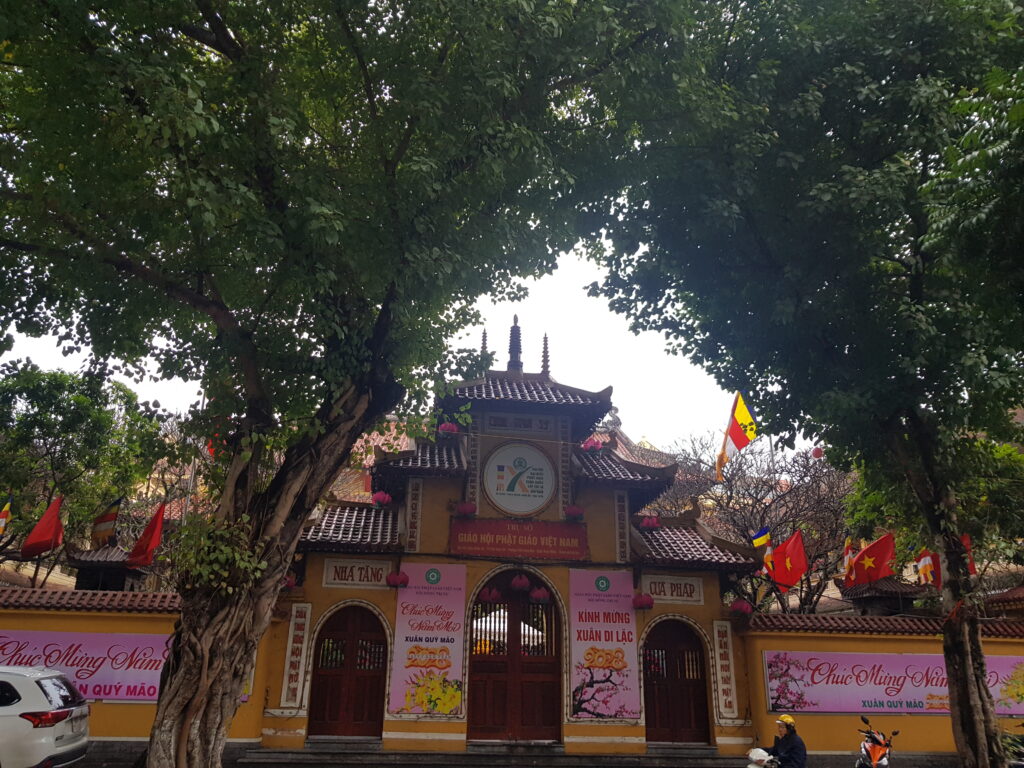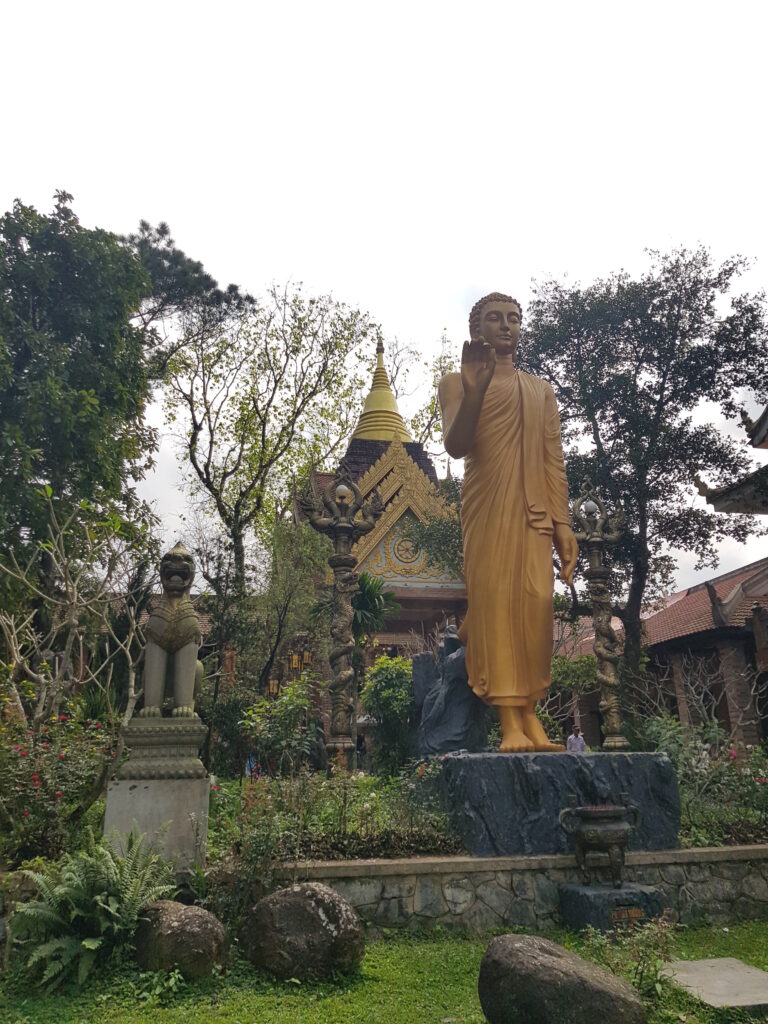Pilot study
"Spread of “Vietnamese Buddhism” as National Religion and Nationalism"
R5 2-4 (R5 AY2023)
| Project Leader | KIM JIOON (Kyoto University, Graduate School of Asian and African Area Studies) |
| Research Project | Spread of “Vietnamese Buddhism” as National Religion and Nationalism |
| Countries of Study | Vietnam |
Outline of Research
The term “Vietnamese Buddhism(Phật Giáo Việt Nam)” is commonly used and narrated in Vietnam as if the relationship between the nation and Buddhism was, is, and will be inseparable. However, it was influenced by radical social changes during the 20th century, when nationalism was rampant, and its perceptions varied depending on sects, ethnicities, and regions. By exploring how “Vietnamese Buddhism” was spread and changed over time, this research reinterprets “Vietnamese Buddhism.”
Purpose of Research, Its Significance and Expected Results, etc
This research explores 1) how the perceptions of “Vietnamese Buddhism” were spread among the Buddhist associations in Vietnam during the 20th century, the rise of nationalism; 2) how the diverse perceptions of “Vietnamese Buddhism” depending on sects(Mahayana and Theravada), ethnicities(Viet and Khmer), and regions(northern, central, southern) were changed through the radical social changes such as French colonialism, independence, division, war, and unification. This study examines literature written by Buddhist associations in the 20th century and interviews with Buddhists who were and are involved in Buddhist associations.
This research has significance by focusing on the diverse traces of “Vietnamese Buddhism” while criticizing the existing narrative that “Vietnamese Buddhism” has contributed to the nation. Therefore, this study reveals the diverse process of the spread and change of “Vietnamese Buddhism” inspired by nationalism and then rewrites the history of Buddhism in Vietnam. Furthermore, the achievements of this study will contribute to comparative historical research on Buddhism in Southeast Asia and Japan.




